E-INTERNATIONAL RELATIONS E-International Relations is the world’s leading international relations website with daily publications of unique content aimed at academics, general interest readers, and students.
The website was established in 2007 and reaches an audience of approximately 3 million unique readers and 10 million article views per year. In addition to maintaining the website, we publish open access books.
> We maintain an impartial editorial stance based on scholarly principles. We do not align ourselves with any specific causes or movements and seek to provide an open platform to allow our authors the freedom to present expert analysis from the widest range of positions. We do not have any corporate backers/owners, investors, or financial connections to other organisations – educational, political or otherwise.
> Operationally, E-International Relations is an independent publisher, owned by a registered non-profit org based in Bristol, UK. We are staffed by an all-volunteer team of academics, practitioners and students who work remotely from locations all over the world. We raise our operating budget through advertising, book sales and donations from our readers.
> Operationally, E-International Relations is an independent publisher, owned by a registered non-profit org based in Bristol, UK. We are staffed by an all-volunteer team of academics, practitioners and students who work remotely from locations all over the world. We raise our operating budget through advertising, book sales and donations from our readers.
GOALS: (1) To be the leading open access scholarly publisher in our field, making reputable expert content free to view for all.2) To provide the best source of freely available materials for students of Politics and International Relations.
"These two reform movements have issued direct theoretical challenges to the Euro-centrism of conventional IR scholarship, and over the past decade and more, they have yielded a body of research that has greatly expanded the remit of what we call “International Relations.” . . .
On the Pedagogy of a Truly International Relations
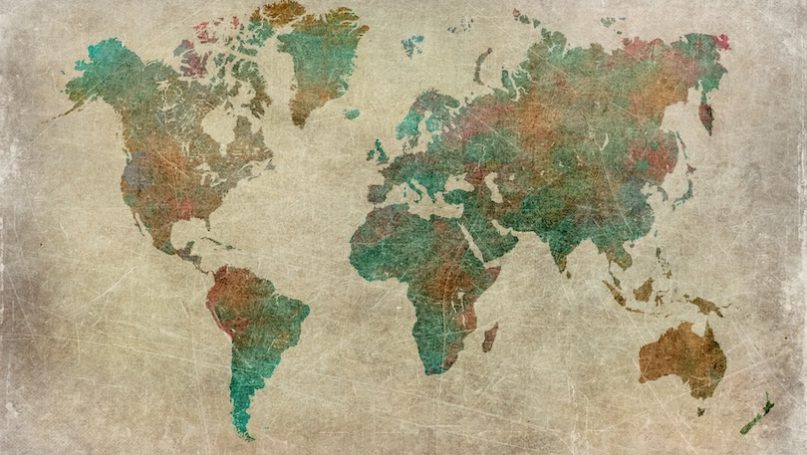
______________________________________________________________________
". . .As I detail in my article in the American Political Science Review (Utrata 2023), there are many reasons why one might object to colonies on the Moon.
These include
- the enormous emissions in the midst of the climate catastrophe (Rubenstein 2022; Utrata 2021);
- the continued dispossession of indigenous lands and displacement of vulnerable communities for rocket launch sites (Sammler and Lynch 2021) and
- entrenchment of coloniality and colonial relationships (Trevino 2020; Bawaka Country et al. 2020); or
- the risk of geopolitical conflict and militarization of space (Deudney 2020).
However ill-advised colonizing outer space might be, it is often assumed to be fundamentally different from earthly colonialism for one key reason: outer space is actually empty. . ."
What’s Wrong with Outer Space Colonialism?
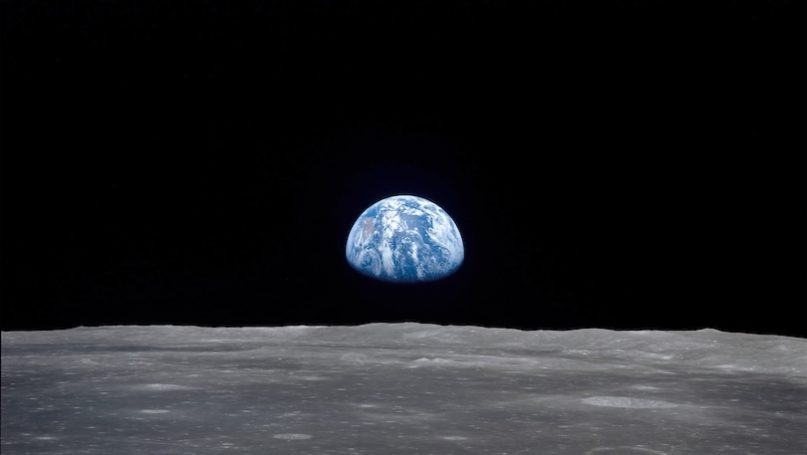
______________________________________________________________________

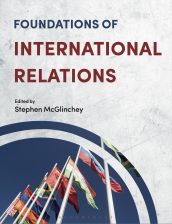

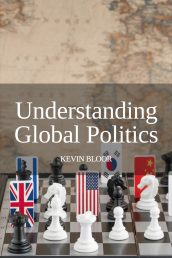
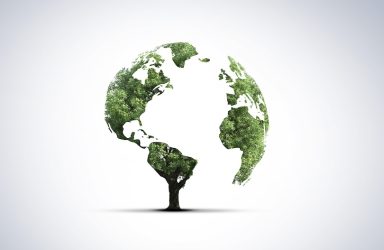





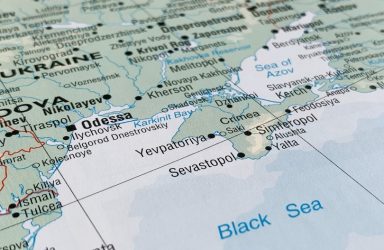





No comments:
Post a Comment